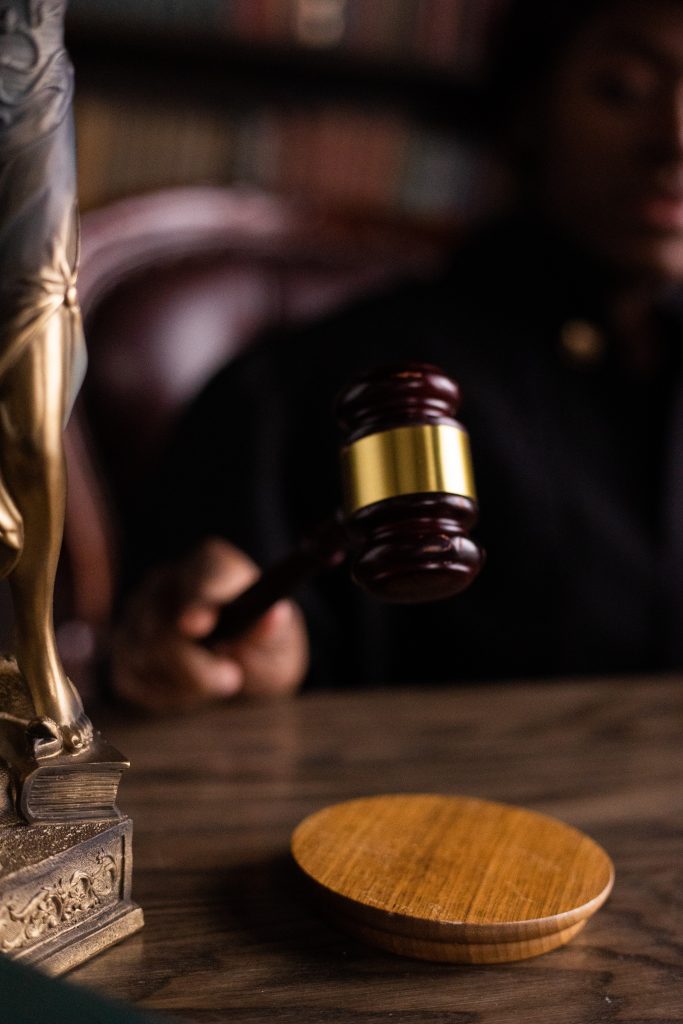Access to information is a basic human right. Freedom of information in a democracy allows citizens to hold governments to account. It also allows people to have informed dialogue about decisions affecting their lives.
When governments are open and accountable, it leads to positive social and economic outcomes. Good governance thus requires authorities to willingly subject themselves to scrutiny. However, people also need to be willing to demand access to information.
Sadly, many developing countries have structural and political barriers that hold back this process. These barriers may make it harder for governments to produce information. Further, they make it harder for citizens to claim their rights and entitlements (Haider, 2011). This especially impacts groups who are already vulnerable.
So, what exactly does the right to freedom of information entail? How is it guaranteed? This article explores some of the threats to our right to information and the danger it poses for democracy.
“Knowledge is power. Information is power. The secreting or hoarding of knowledge or information may be an act of tyranny camouflaged as humility”.
– Robin Morgan
What are legal rights to information?
To have access to information means a person can seek, receive, and spread information (Becker, 2019). This is especially relevant in an age where a large amount of public information is stored digitally.
Public access to information requires “a robust system through which information is made available to citizens and others.” Around the world, people are increasingly concerned about a lack of government transparency. They are wary of growing secrecy surrounding government policy and decision making (Unesco). Freedom of Information (FOI) laws emerged in response to this perception.

In Australia, the Freedom of Information (FOI) Act (1982) created laws that fulfil the public right of access to information. This entitles the public to information held by Commonwealth agencies, departments, and authorities.
Under the FOI laws, the Australian government must provide:
- a copy of a requested document
- reasonable opportunity to inspect the document
- a way to view a film, videotape, or sound recording
- a transcript of a sound recording or shorthand notes
The UN’s Sustainable Development Goals (SDG’s) look at FOI from an international perspective. They view freedom of information as an essential part of inclusive and just societies. Target 16.10 of the SDG’s aims to build global consensus on this issue. They call for rules that “ensure public access to information and protect fundamental freedoms”.
Can democracy function without informed citizens?
“Democracy cannot meaningfully function without an informed citizenry, and such a citizenry is impossible without broad public access to information about the operations of government”.
According to the OECD, public access to information lets individuals base their decisions on accurate data. This is important when making political decisions. Further, it lets the public track government performance and the use of public funds.
Access to information also strengthens the notion of participation, vital to democracies. When people can see how policy is created, they may feel more involved in the democratic process.

Freely available information also plays a role in public scrutiny. It is part of the ‘checks and balances’ built into democratic constitutions. We need proper oversight of agencies and individuals in positions of power. This discourages corruption and protects civil rights.
Further, information can assist in scientific research and stimulate growth in investment. Sharing knowledge and the free exchange of ideas promotes innovation and economic activity.
Thus, freedom of information is one of the most vital mechanisms in a functioning democracy. It lets citizens understand the criteria used to make decisions that affect them and how public funds are being handled. It also provides a store of knowledge that assists research and development.
What happens when freedom of information is denied?
Publishing information proactively reflects good corporate and state governance (The Carter Center, 2002).
By contrast, secrecy is both a feature and a consequence of undemocratic rule. When government agencies hide their actions, they are more likely to behave improperly. And when the public’s expectation of their ‘right to know’ is low, the result is even greater secrecy.
How does media control affect access to information and democracy?
Information is the lifeblood of media agencies. These agencies are the link between governments and their citizens (Paterson, 2015). Freedom of information, expression & democracy implies a free press. It allows anyone to legally comment on public issues without censorship or restraint.
Articles 19, 21 and 22 of the International Covenant on Civil and Political Rights (ICCPR) cover this. According to them, press and other media must have the freedom to:
- engage in political activity individually or through political parties and other organisations
- debate public affairs
- hold peaceful demonstrations and meetings
- criticise and oppose
- publish political material
- campaign for election
- advertise political ideas

When media agencies face political threats from governments, it poses a genuine danger to democracy. In addition, “unreliable or inaccessible information of all sorts does not just undermine the necessary trust that democracy requires, it can also have immediate real-life effects ranging from attacks on individuals to whole communities.” (Højberg, 2020).
Unhealthy competition in the media market leaves the public less informed. This is because fewer, and poorly resourced, media leads to lower quality news services. Some representatives actively encourage the decline of media agencies they deem too critical (Højberg, 2020).
When evaluating media control, it’s important to consider both the prevalence and impact. It’s clear the issue of media control must be urgently addressed at national and international levels (Højberg, 2020). Even in well-established democracies, this issue poses a major threat to societies.
How do we protect freedom of information?
The SDGs are an important part of offering guidance towards a thrivable society. SDG 16 aims to “promote peaceful and inclusive societies.” It will do this through “effective, accountable and inclusive institutions at all levels.” To that end, SDG target 16.10 aims to “ensure public access to information and protect fundamental freedoms.” This is “in accordance with national legislation and international agreements.”
Thus, the UN regards a transparent society with free access to information as essential. It’s needed for both political stability and ‘sustainability’. Sustainable human societies need more than ecological preservation alone. They also require long-term stability of their institutions.
As citizens of the world, we must support this global agenda. This means advocating for change that preserves human communities. We also need to supply impartial information that informs and inspires progress.
The THRIVE Project is an independent research and advocacy group. We provide the latest information from the natural and social sciences on how to achieve a sustainable society. If you would like to support THRIVE, come work with us as a volunteer. There are great opportunities to get involved.
























Thanks for this good content. It helps to expand my mind and the necessary conversation around better governance and sharing of information.